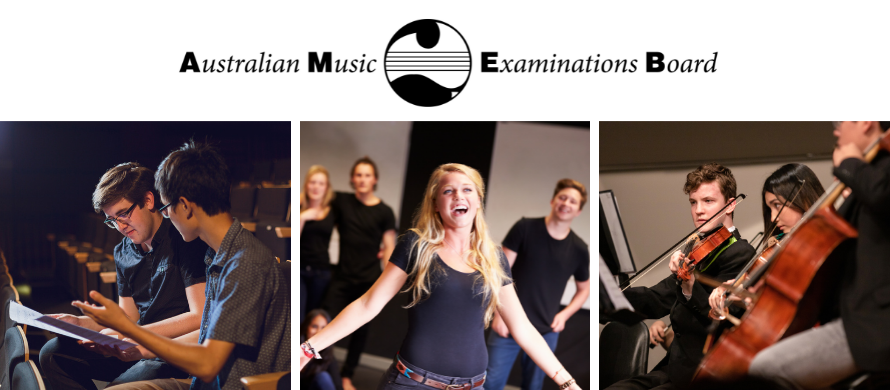
WA AMEB Award Program
About
The WA AMEB Award is an exciting nationally recognised program that recognises the commitment that individuals of all ages make to the performing arts.
This prestigious award acknowledges an individual's contribution both on stage and behind the scenes, cultivating sought-after skills in leadership, communication, collaboration and creativity.
By undertaking three key Award requirements: performances; skill development; and broadening activities, participants expand their creative horizons and develop core performance skills.
The Bronze, Silver and Gold Awards are recognised by the School Curriculum and Standards Authority of Western Australia (SCSA) as an Endorsed Program for secondary school WACE graduation. It is also recognised by leading arts organisations and by universities, including UWA’s Experience-based entry pathway.
The Ignite Award is our entry-level award designed to fire up students’ engagement in their music communities.
When you complete:
Awardees will be presented with a certificate and pin to be awarded at their school or community group.
FURTHER DETAILS
For further information about the program and a full description of award requirements please visit: uwa.edu.au/ameb/wa-award-program
HOW TO ENROL
- Upon enrolment, Award Booklets will be posted to candidates for completion.
- Diaries must be submitted within 12 months of commencement of program
COST
Standard Fee: $50
QUERIES
amebwa@uwa.edu.au



